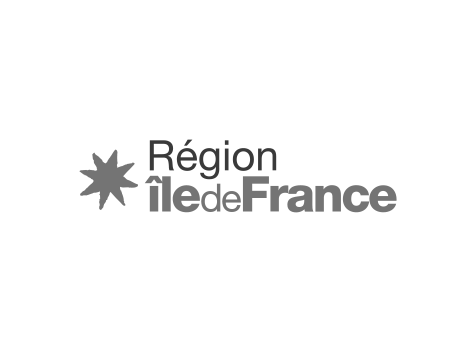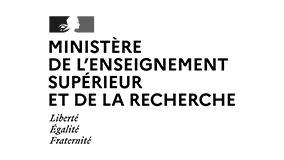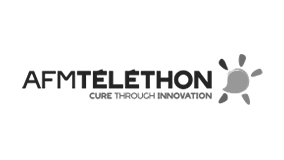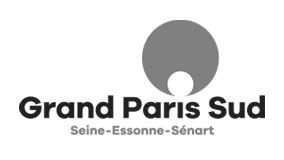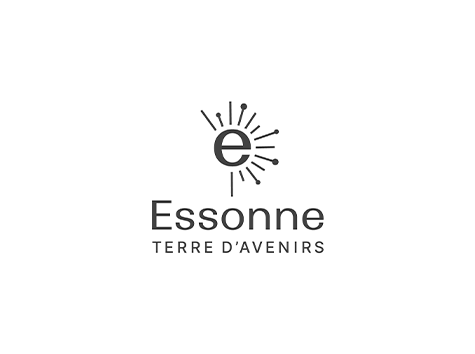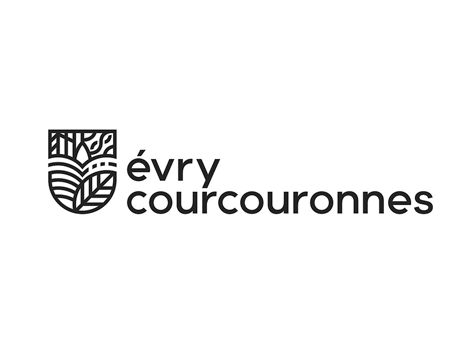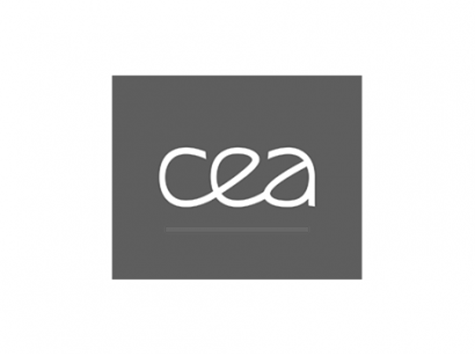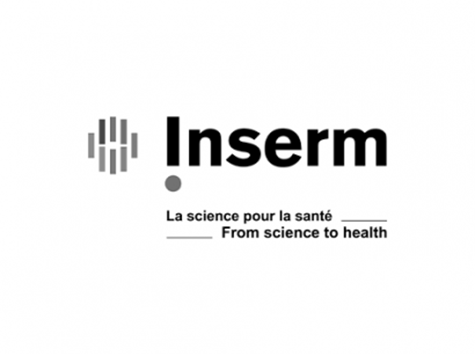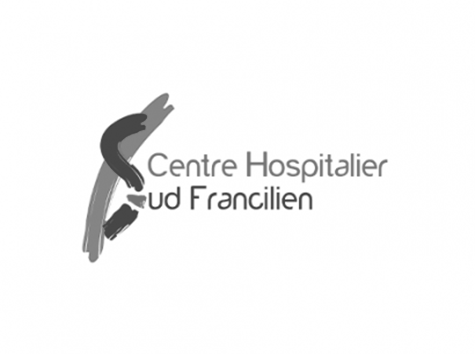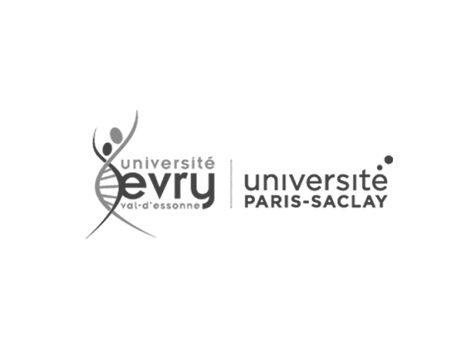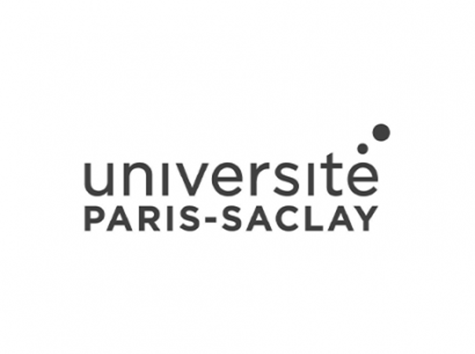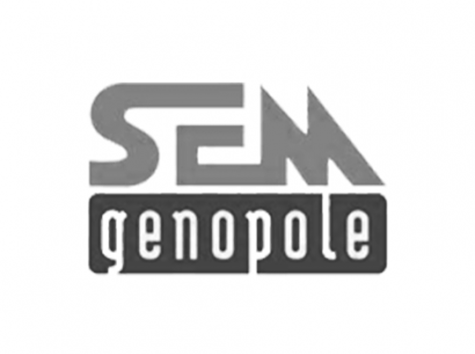It is derived from dejections – or frass – of the mealworm Tenebrio Molitor which feeds on cereal by-products at Ÿnsect’s factory in Dole (France).
ŸnFrass is the fruit of 4 years of research & development in partnership with several leading institutions and can now be used in organic farming in accordance with regulation no. 384/2007. ŸnFrass is now distributed to its first customers including Compo Group, the European leader in plant nutrition for amateur gardeners and Torres, one of the most admired European wine brands.
For Antoine Hubert, Ÿnsect CEO : « We are particularly proud to be the first company to obtain certification and marketing approval in the world. This certification and market approval is the result of the most stringent evaluation procedures for this type of products. It is a guarantee of the highest quality which should be a great help to exporting globally. Since the opening of Ÿnsite, our pilot plant 4 years ago, Ÿnsect has sought to use the by-products of protein production from Molitor, in particular the insects’ dejections called frass. The marketing of ŸnFrass products by Ÿnsect is part of a “zero waste” vision using all components of the farmed insect and contributing to a more circular economy. Ÿnsect is committed to becoming a valuable partner to farmers, professional and amateur gardeners and winemakers by offering high-performance natural fertilizers to complete the nutrition cycle. »
ŸnFrass has multiple value adding properties for the fertilizer market. It has significant competitive advantages and offers in a single product:
- Nutritive elements: ŸnFrass is balanced in nitrogen, phosphorus and potassium (NPK = 4-3-2) for optimal plant nutrition.
- Organic matter: ŸnFrass has an exceptional organic matter content of 85%, perfectly suited for the improvement of the physical, chemical and biological properties of the soil.
- Optimized format and use: ŸnFrass is a dry product in the form of granules (90% dry matter), odorless and easily transportable.
Ÿnsect has devoted 4 years of research, in partnership with renowned research institutes[1], to develop its natural fertilizer ŸnFrass and to study its impact on crops and soils. The results in the fields and greenhouse tests carried out in cooperation with the project partners, are very encouraging. Tests show an increase in biomass and yield, often times very significant, on all of the crops tested compared to the use of a 100% chemical fertilizer. In addition, while ensuring the delivery of essential elements for crops, ŸnFrass improves the biological properties of soils. The greenhouse tests show that microbial activity increases sharply in the presence of ŸnFrass (+180% on loamy-clay soil and + 250% on luvisol) compared to soil fertilized with a mineral fertilizer. ŸnFrass thus participates in the mineralization of organic matter and improves the texture of the soil.
After a first conclusive test on large crops such as wheat, rapeseed and corn in 2018, ŸnFrass was tested on other types of crops where the product also demonstrated performance in terms of yield, in particular:
- In vegetable cultivation where the results of the tests are very encouraging, particularly on lettuce and potatoes, both in terms of yield and health.
- On the vines where we observe a 23% increase in yield and better soil quality compared to the control without fertilization. The use of ŸnFrass also makes it possible to observe an excellent balance of nutrients in the petioles suggesting an improved quality of the wine.
On ornamental plants, especially roses, where there is a marked improvement in blooming and better resistance to summer drought compared to an organic fertilizer with equivalent nutrient content.
For David Houben, researcher and one of the authors of two articles devoted to ŸnFrass
Published in the prestigious international journal Nature – Scientific Reports [2] and in the world-renowned journal Agronomy[3]
« ŸnFrass has great potential to be used as a partial or complete substitute for mineral fertilizers. Its high content of nutrients and organic matter as well as its physicochemical characteristics allow ŸnFrass to be as efficient as mineral fertilizers in plant nutrition and biomass production. Since phosphorus (an essential element for plant development) present in ŸnFrass is not very soluble, the risk of loss or immobilization in soils is limited, which guarantees the availability of the nutrient for the plant throughout its growth. Most importantly, the application of ŸnFrass can increase microbial metabolic activity and diversity, suggesting better soil function, especially when ŸnFrass is combined with a mineral fertilizer. Our results therefore suggest that Ÿnfrass is a very promising and lasting alternative to conventional mineral fertilizers. »
ŸnFrass products are universal, professional or consumer-oriented, and intended for all types of crops: vegetable and fruit cultivation, winemaking, meadows, lawns & gardens, ornamental flowers, field crops and particularly corn, rapeseed and wheat. The Molitors are fed exclusively with raw materials authorized by French and European regulations for the feeding of farm animals. ŸnFrass is made from 100% frass, without any chemical input, making it a fertilizing material whose use is compatible with organic farming, without restriction (Regulation (EC) no. 889/2008 on organic production.
Detailed results of tests carried out in cooperation with research laboratories are available upon request.




